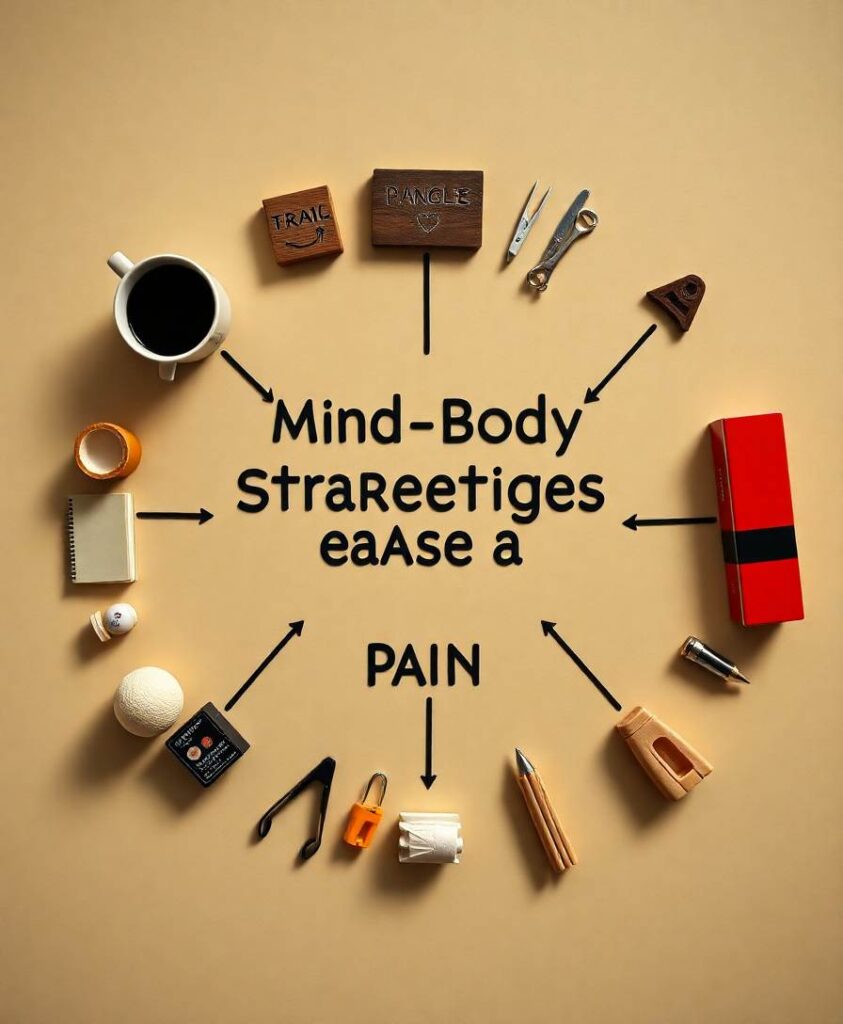Chronic cerebral ischemia (CCI), a condition that can result in headaches, dizziness, cognitive decline, and stroke, is caused by a sustained decrease in cerebral blood flow. Statistics show that 70% of patients with CCI are aged > 80 years and approximately 30% are 45–50 years. The incidence of CCI tends to be lower, and treatment for CCI is urgent. Studies have confirmed that CCI can activate the corresponding mechanisms that lead to mitochondrial dysfunction, which, in turn, can induce mitophagy to maintain mitochondrial homeostasis. Simultaneously, mitochondrial dysfunction can aggravate the insufficient energy supply to cells and various diseases caused by CCI. Regulation of mitophagy has become a promising therapeutic target for the treatment of CCI. This article reviews the latest progress in the important role of mitophagy in CCI and discusses the induction pathways of mitophagy in CCI, including ATP synthesis disorder, oxidative stress injury, induction of reactive oxygen species, and Ca2+ homeostasis disorder, as well as the role of drugs in CCI by regulating mitophagy.



